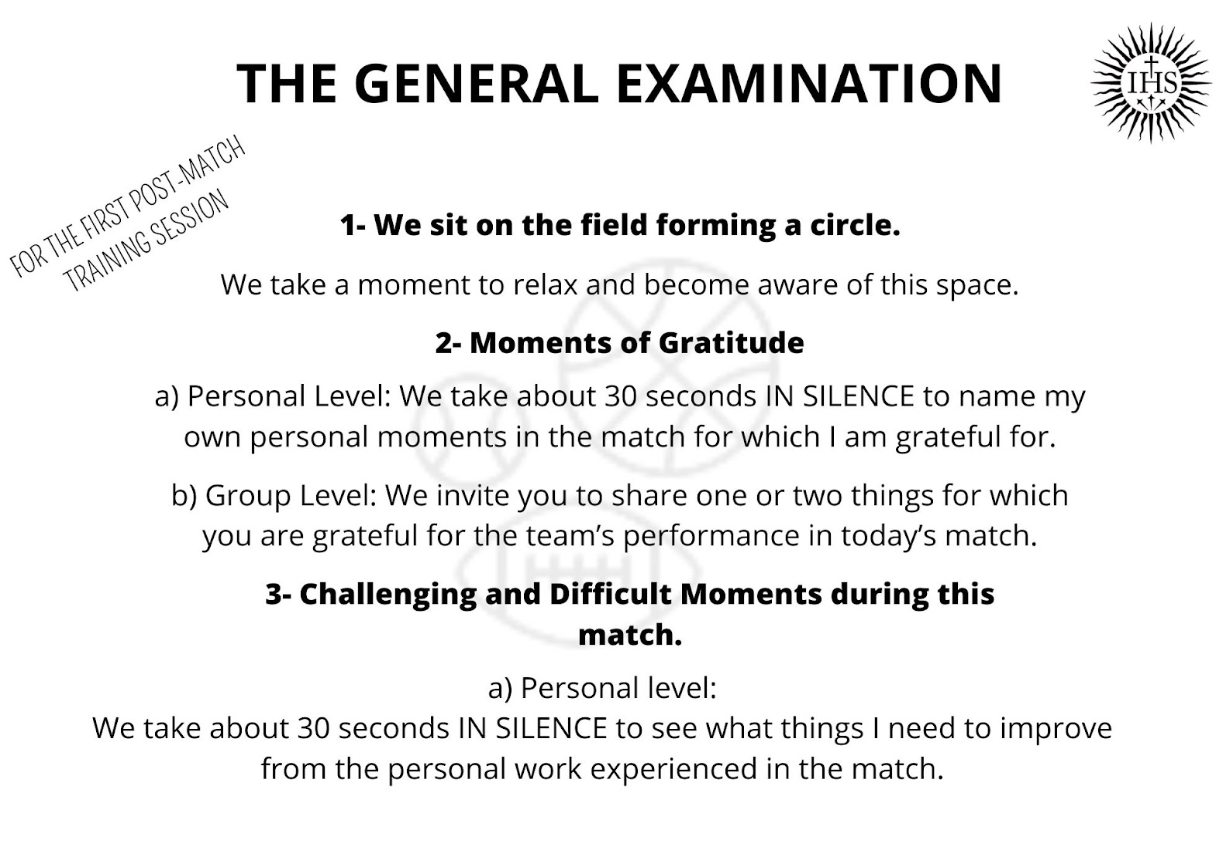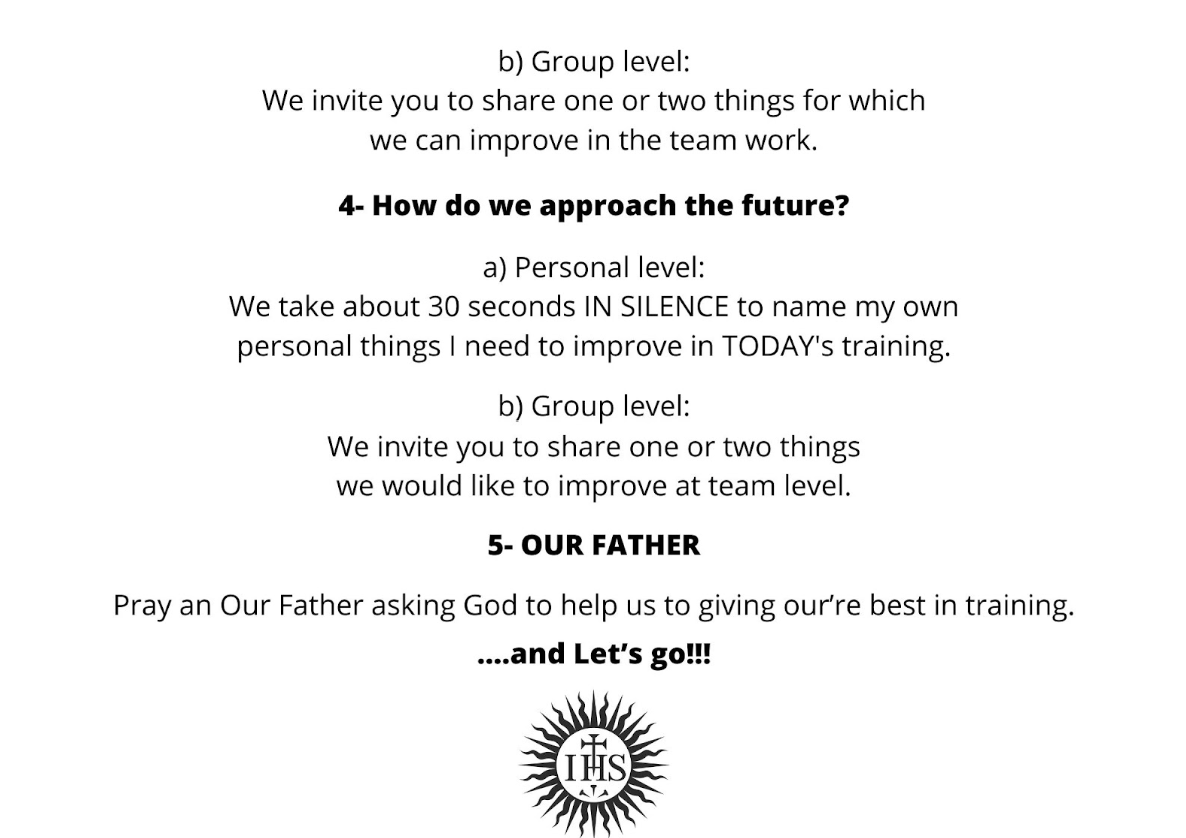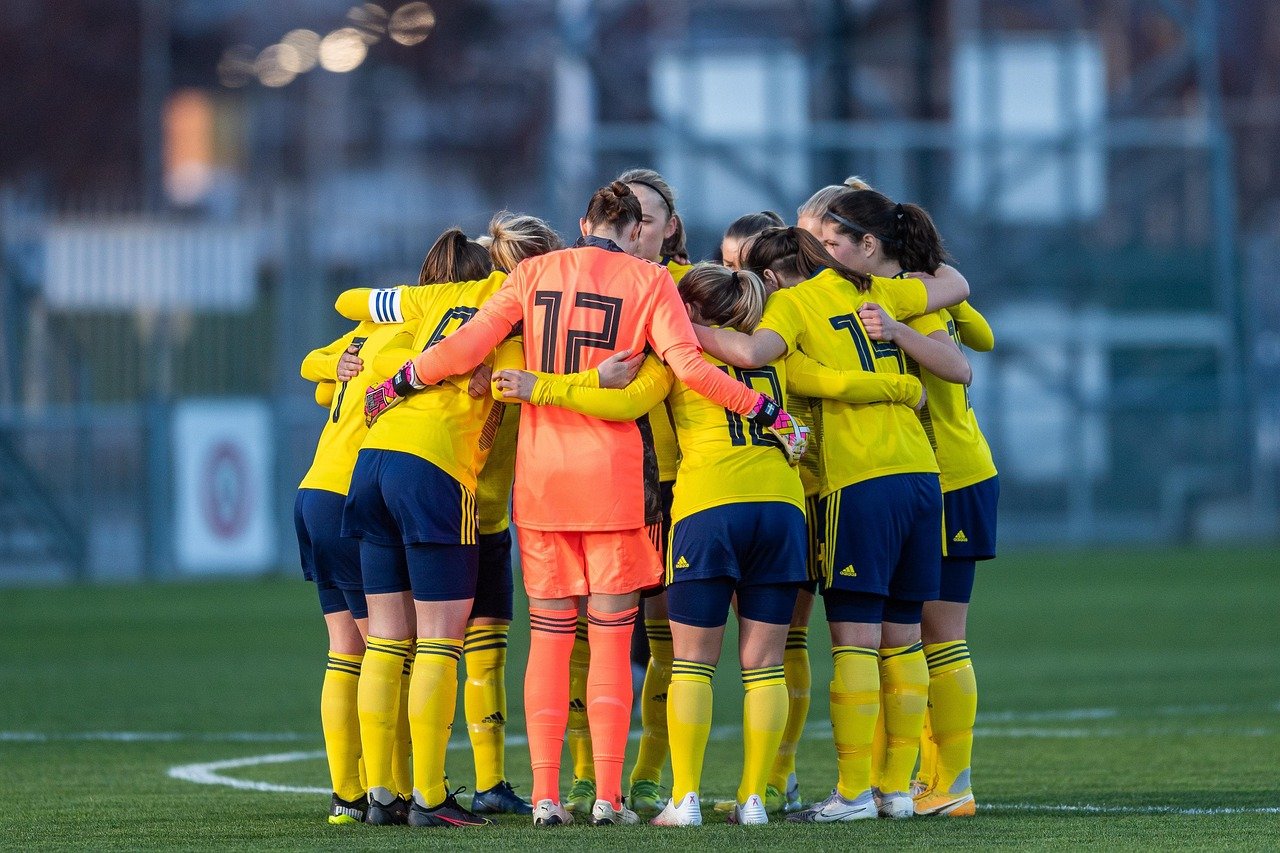I have always loved playing sports. Ever since I discovered soccer as a child, it has been my passion, my means of self-expression, and my way of relating to others. During my semi-professional soccer career, I loved the game for the thrill of it. Only when I became a Jesuit did I discover soccer as a pathway to God.
From when I was 7 years old, I played for different football teams (as we call soccer in my native Europe). I played for four teams during the different stages of my football career. After some time in the lower leagues, in 2000 I joined Burjassot CF, a team in the Spanish third division, a semi-professional league two levels below the top-flight LaLiga. I was able to experience the change in level, the intensity, and speed of the game required for the semi-professional level in Europe. With that team, and with a small contract, we traveled to many parts of Spain to play matches.
Some of my teammates made it to the first division, the highest level of LaLiga in Spain. Unfortunately, I suffered a serious knee injury, and after recovering, I was unable to reach the required level to play at that premier stage. After that season, my path in football became simpler. I simply played at an amateur level for love of the game.
During my professional soccer career, I remember analyzing all aspects of the games: how I had played, whether I was a good teammate, and why my team had won or lost the game. In those years, I was not familiar with Ignatian spirituality. Even so, these moments of reflection helped me humbly accept the gifts I brought to the team as well as my limitations.
Ever since entering the Jesuits in 2015, my passion for sports has remained strong. Although I’m a little older and slower than I was in my peak soccer years, I try to play soccer wherever I am sent. With the Jesuits, I also want to use the tools I gained as a Jesuit to minister to athletes and teams, seeing how much my younger self could have benefited from them.
Ignatian spirituality is very practical and provides resources for our daily lives, including in sports. It is a spirituality full of resources that helps us better understand who we are and what our vocation is. The Ignatian Examen is a practical tool to review one’s day for the presence of activity of God in our daily life. Remembering how important those routine match reviews were for me when I was a soccer player, I decided to combine the two practices when I was missioned to Madrid from 2017 to 2020. While there, I was chaplain to the youth soccer teams at the Jesuit school of Nuestra Señora del Recuerdo.
As chaplain, I attended training with the coaches and players twice a week and traveled on weekends to the different parts of Madrid for matches. After discussing the Examen with the coaches and showing them the power of this prayer, we implemented it in the first training session following a weekend’s game.
Our goal was twofold. First, we wanted to analyze what we had done during the game through the eyes of gratitude. Certainly not everything was done in the best possible way, but the basic idea was to remind all the young players that every day the Lord gives us the opportunity to enjoy this sport in the company of a great team of peers. And we must not forget this!
The Examen methodology is very simple and can be used by all athletes of all sports. First, we ask all the players to sit in a circle on the grass. This is the moment to stop and become aware of the present moment. They are asked to take a deep breath and ask themselves, “Where am I going and why? Why did I come to the soccer field today?” At this point, make the sign of the cross to ask God to help us complete the Examen.
The second step is to give thanks. This consists of two parts, one personal and one group. For thirty seconds, each athlete is invited to silently recall a situation during the game for which they are grateful. Next is to give thanks as a group. Everyone is invited to share aloud two or three group situations for which the team can give thanks. For example, players have mentioned the execution of the plays rehearsed in practice, support from teammates, help from fans and families in the stands, solidarity with the opponent, etc.
Following gratitude comes the reflection on challenges and difficulties with an invitation to ask for forgiveness. In the first moment, the player is invited to think quietly for 30 seconds about things that were not up to their hopes: difficult situations to improve or to learn, situations in which it may be necessary to ask forgiveness for the reactions they had. Then, the players do it as a team aloud. I invite them to say two or three things that need to be improved as a team because they were not done well, or even to apologize for bad behavior. A team grows when its players share trust and truth.
The fourth point focuses us on the present in the training session. The “here and now”. The process also consists of two moments: individual and collective. The player is invited to think for 30 seconds about what needs to be improved in today’s practice. Then everyone is invited to share two or three things that they think need to be improved in this practice or this week.
Finally, with everyone standing and linking arms, the players ask God for help by praying an Our Father and then the practice begins.
I was surprised when some coaches – and some players! – came up to me and asked if they could apply the Examen in other areas of their lives. I told them: “Yes, of course!” They were discovering, through sport, how the Ignatian Examen helps us to see life from the point of view of gratitude. They recognize their limitations and weaknesses but look forward to the next chance to improve. We all become aware of what we have received from God and put it into practice the next day.
Wherever I go as a Jesuit, I bring this format of the Examen with me because it helps people connect with God through sport. Might you know a coach or a player who wants to adopt this practice? Follow the steps using the outline of my Sports Examen below.


Photo courtesy of Pixabay

